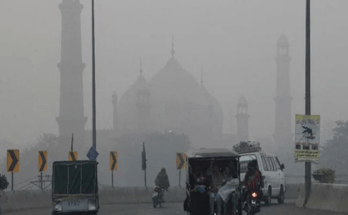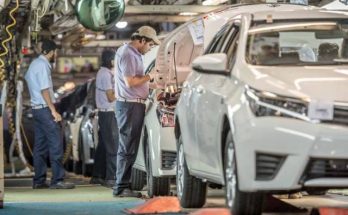The Pakistani industrial & automotive sector, once promising, has experienced stagnation during the last few decades, impeding its progress and global competitiveness. Whether it’s about emission standards, the fuel coming out from refineries, or the locally assembled vehicles, all are prime examples of stagnation.
Pakistan officially enforced Euro 2 emission standards in 2012, almost 12 years after the norms became obsolete elsewhere. Since then the government literally forgot to uplift these standards and even today when 2023 is nearing its end, Pakistan still adheres to Euro 2 making it almost 23 years behind the rest of the world. Environmental problems exist as a result of obsolete emission norms, which have an influence on air quality and human health.
Related: Blame Where the Blame is Due
Then comes the fuel. Although the government mandated Euro 5 in 2020, most local refineries are still not equipped to produce suitable fuel and must mix and boost the content with imported fuel and additives to meet the required levels. Refineries said they needed at least a couple of years and significant investment to modernize their facilities, but this has not yet happened.

And then comes the vehicles, which include tractors, 2-wheelers, and 4-wheelers, the majority of which are based on outdated technology with no innovation. In particular, the 2-wheeler industry, which is said to have achieved the maximum localization, seems to depend more on graphic designers than engineers, who are in charge of developing decorative stickers every year to enable companies to designate their decades-old models as brand new.

Likewise, obsolete tractors produced in Pakistan often lack the advanced features, fuel efficiency, and environmental friendliness found in newer models. Due to economic constraints, many farmers in Pakistan continue to rely on these outdated tractors, which negatively impact agricultural productivity and sustainability.
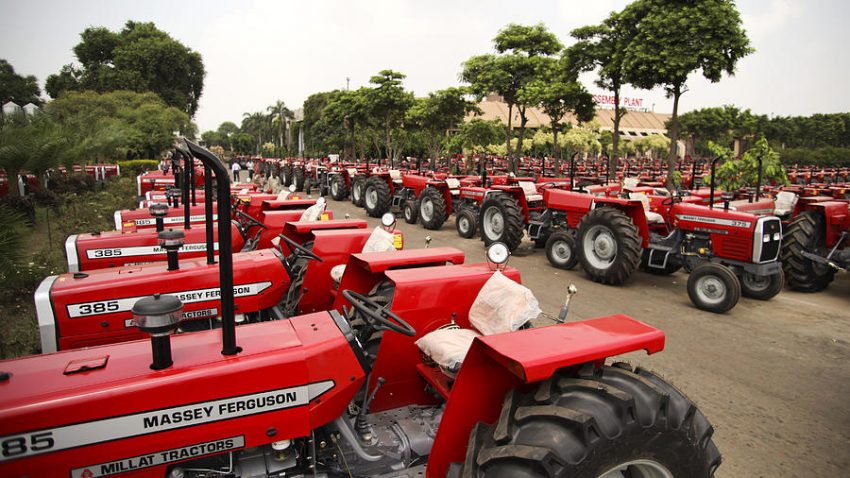
Obsolete tractors require more maintenance, consume more fuel, and produce higher emissions compared to modern, more efficient models. To enhance agricultural practices and improve overall productivity, there is a need for initiatives that encourage farmers to upgrade to newer, more technologically advanced tractors, promoting sustainable farming methods in Pakistan. But before that, we need companies producing such sophisticated tractors.
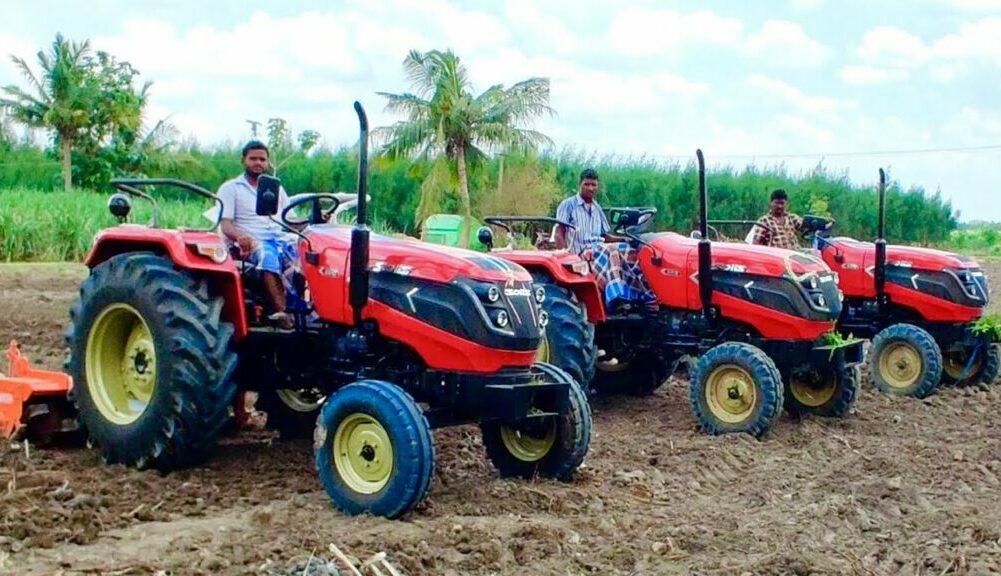
Passenger vehicles are no exception, in fact, Pakistan is known as a dumping ground of globally obsolete models. Cars once done with their lives & discontinued elsewhere, are introduced in the country as new. Currently, around 70% of new cars assembled in Pakistan are globally discontinued models.
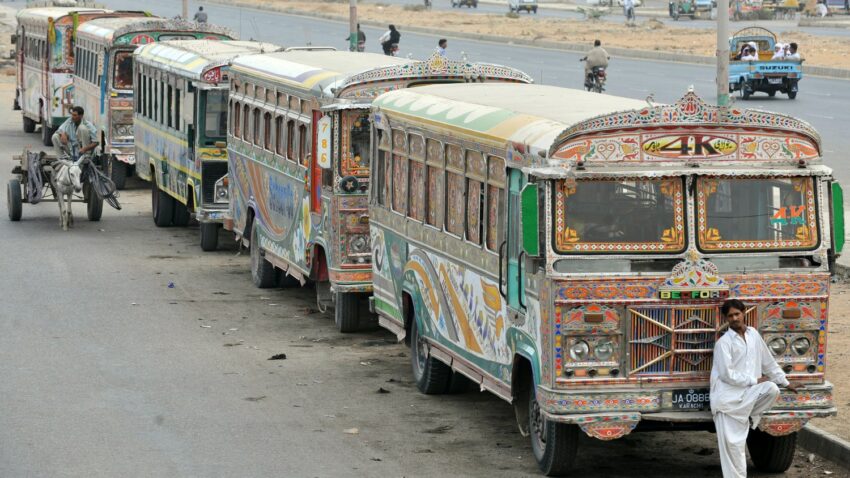
The dilemma continues in the public transport & heavy commercial vehicles sector. Whether it is about buses running within the city, trucks transporting goods, fuel carriers, or trailers used to transport vehicles, all are based on outdated technology. Furthermore, every time the government tries to impose some required regulations to improve or uplift these vehicles, it encounters fierce resistance from the relevant stakeholders.
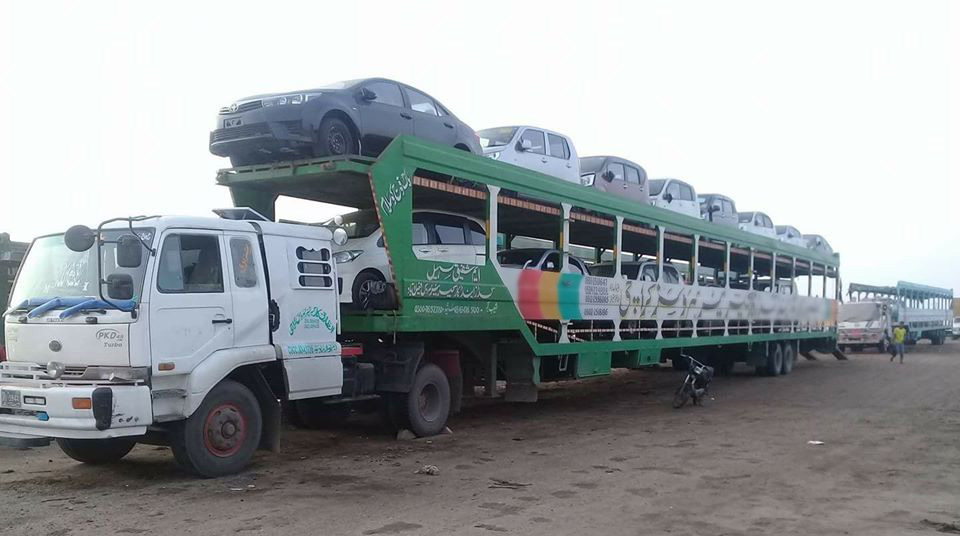
Outdated manufacturing technologies and limited research and development initiatives have hindered the industry’s ability to innovate and produce vehicles that meet modern standards. Inconsistent government policies and frequent changes in regulations have created uncertainty, hindering long-term planning for manufacturers.
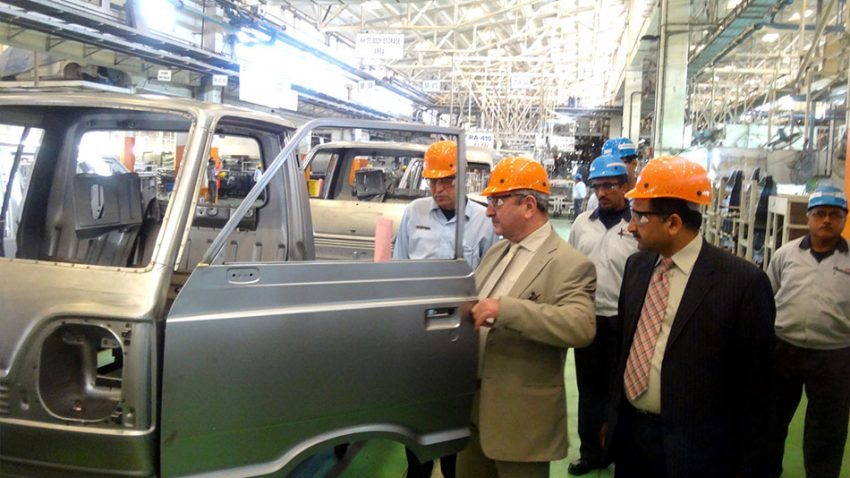
Moreover, a lack of robust competition within the local market has led to complacency among manufacturers, reducing the incentive for improving product quality and introducing new features. Additionally, a heavy reliance on imported parts has stunted the development of a self-reliant indigenous automotive industry.
Related: More Than 70% New Cars on Sale in Pakistan are Globally Obsolete Models
Addressing these challenges requires a coordinated effort from the government, private sector, and educational institutions. Encouraging investments in R&D, improving access to finance, providing skilled training programs, and ensuring stable and supportive government policies are essential steps toward revitalizing Pakistan’s industrial capabilities, including the vehicle (2- and 4-wheelers) and tractor industry. Overcoming this stagnation is essential for the industry’s growth and its ability to contribute significantly to Pakistan’s economic development.
How Pakistan’s industrial progress was stabbed in the early 1970s

A computer animation professional with over 23 years of industry experience having served in leading organizations, TV channels & production facilities in Pakistan. An avid car enthusiast and petrolhead with an affection to deliver quality content to help shape opinions. Formerly written for PakWheels as well as major publications including Dawn. Founder of CarSpiritPK.com

